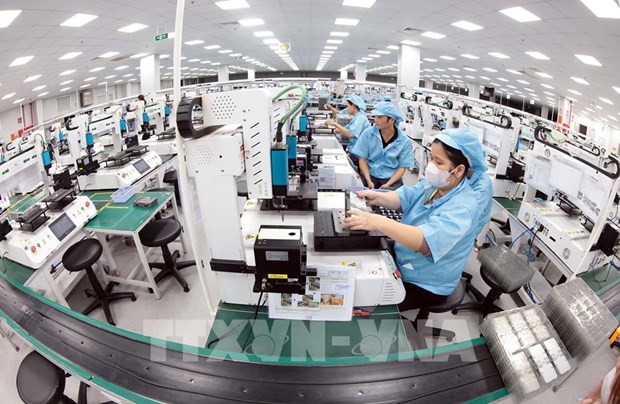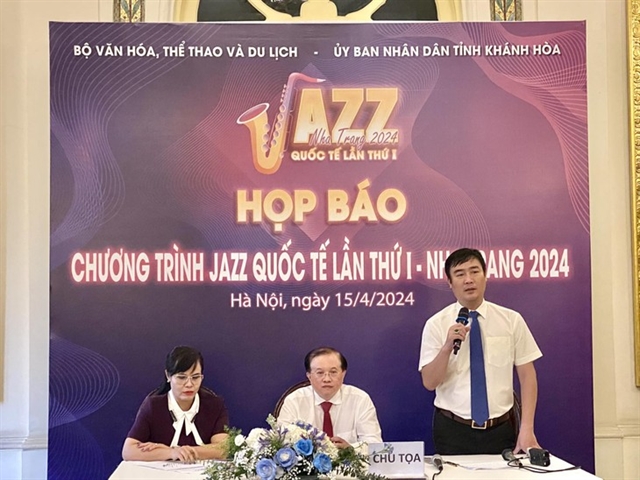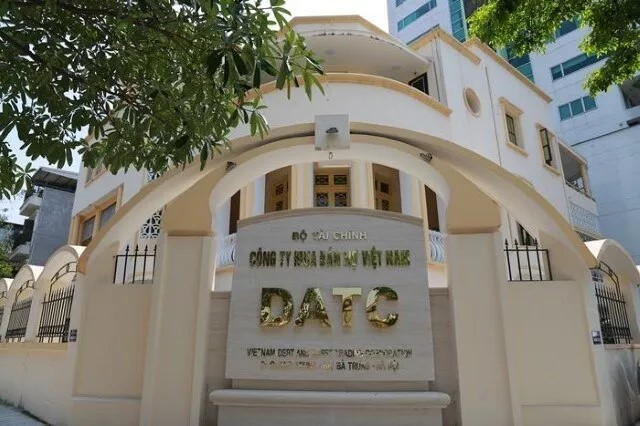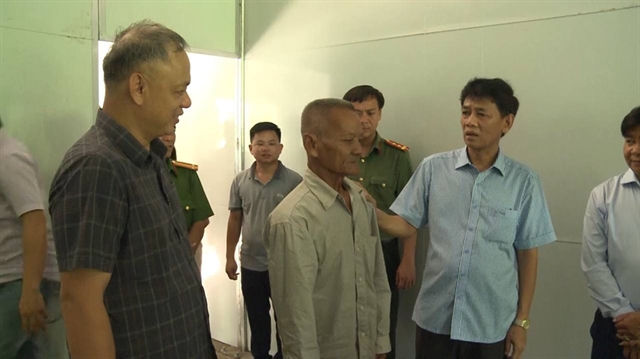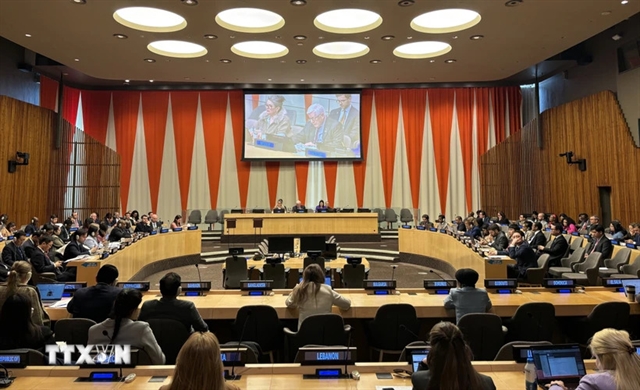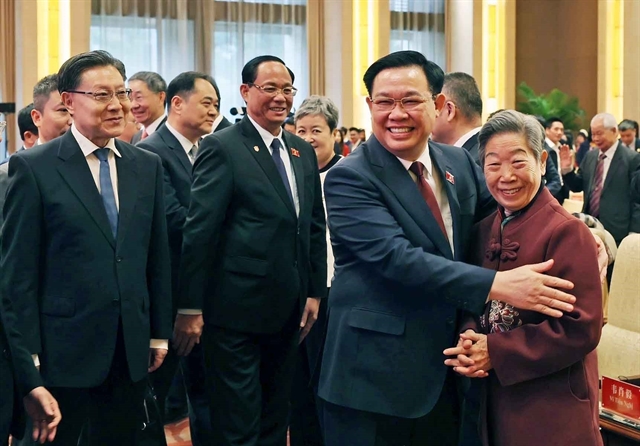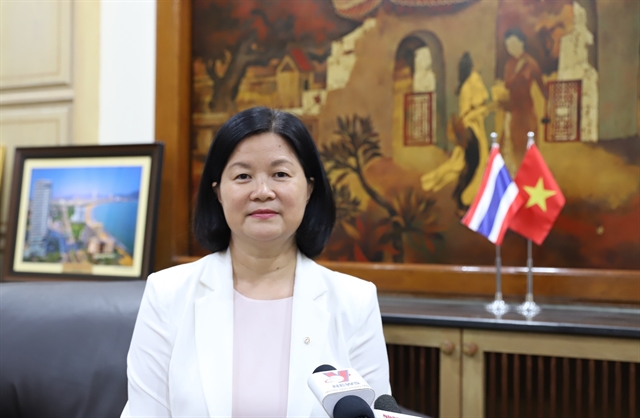

The United States is pressuring China to decide in the coming days on whether to back tougher UN sanctions on North Korea after weeks of negotiations on a response to Pyongyang's missile launches, diplomats said.
UNITED NATIONS, United States — The United States is pressuring China to decide in the coming days on whether to back tougher UN sanctions on North Korea after weeks of negotiations on a response to Pyongyang’s missile launches, diplomats said.
US Ambassador Nikki Haley has been in talks with her Chinese counterpart on a proposed sanctions resolution since North Korea launched a first intercontinental ballistic missile on July 4.
But China, North Korea’s main ally and trading partner, has yet to agree to the new measures even after Pyongyang’s second ICBM test on Friday again raised questions on how the UN Security Council will respond.
"In the coming days, we’ll understand whether there’ll be a resolution," Russian Ambassador Vassily Nebenzia told reporters on Wednesday.
Japan’s Ambassador Koro Bessho expressed hope that sanctions will be agreed this week. "I hope we can get it done in days," he told reporters on Tuesday.
Haley on Sunday declared that the "time for talk was over" and that "China must decide" whether it will agree to the new raft of sanctions, aimed at ramping up the pressure on North Korea to change its behaviour.
The US ambassador warned that a weak resolution would be "worse than nothing" because it would send a message to Kim Jong-Un that global powers are unwilling to unite to challenge him.
US Secretary of State Rex Tillerson is expected to meet Chinese Foreign Minister Wang Yi at the weekend, on the sidelines of a ministerial meeting of the Southeast Asian ASEAN group in Manila.
If the United States and China agree on a draft resolution, the Security Council could meet quickly to vote on the sanctions.
Not giving up yet
A US official told reporters in Washington that there were "indications" that China was ready to take steps to address the situation in North Korea.
"We would like to see more action faster and more obvious and quick results. But I think we’re not giving up yet," said Susan Thornton, acting assistant secretary of state for Asian affairs.
Moscow’s UN envoy said any new sanctions should not worsen North Korea’s humanitarian crisis.
"The question is: What is the aim of the sanctions?" Nebenzia said.
"If we see that they are suffocating the people, that will be the question. If they will help to eliminate the nuclear program of North Korea, that’s another thing."
Russia has maintained that stronger sanctions alone will not resolve the crisis over North Korea’s military programmes and has backed China’s call for talks between the United States and Pyongyang.
Haley has suggested that cutting of North Korea’s oil supplies, banning North Korean guest workers or imposing new air and maritime restrictions could be among the new UN sanctions.
President Donald Trump has demanded that China rein in its nuclear ambitions – angrily tweeting over the weekend that he would no longer allow China to "do nothing" on North Korea.
China hit back, saying that primary responsiblity for resolving the crisis rests with North Korea and the United States.
In all, six sets of UN sanctions have been imposed on North Korea since it first tested an atomic device in 2006, but two resolutions adopted last year significantly toughened the sanctions regime. — AFP

